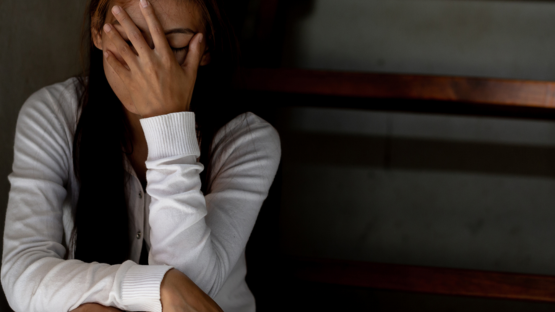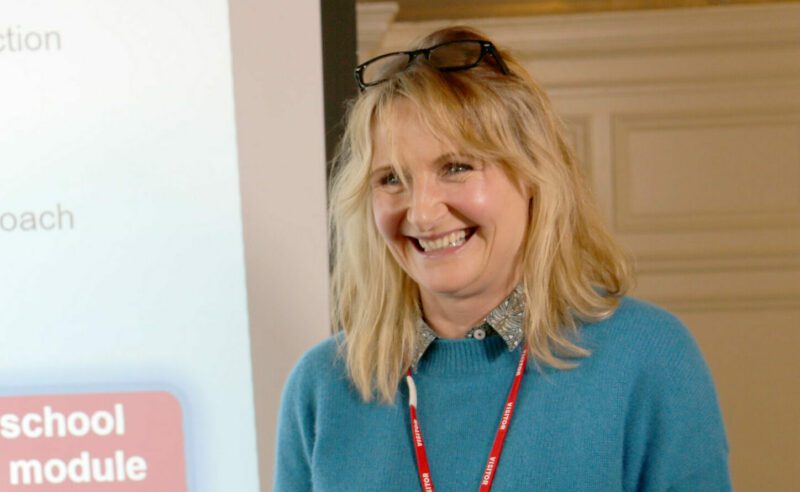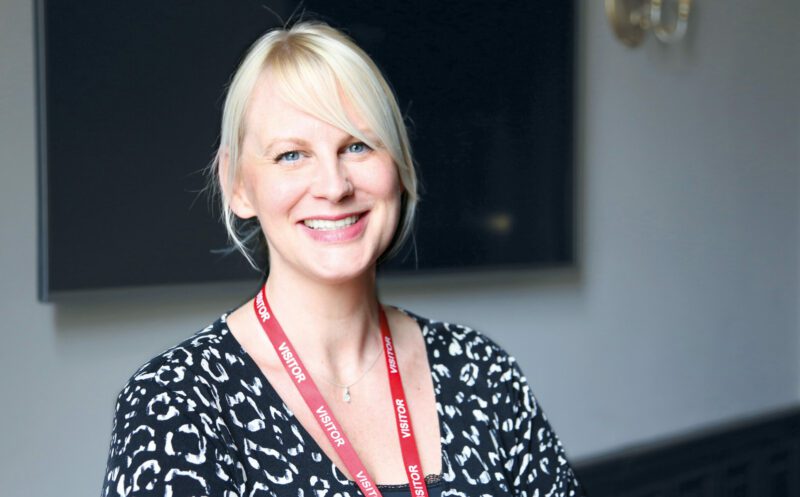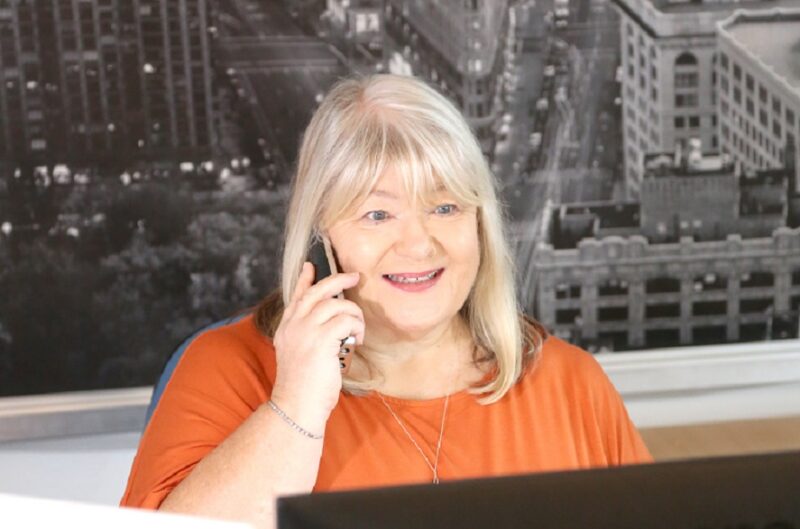
Safeguarding Children over the Christmas and New Year period
This time of year provides additional challenges for schools and education providers, when it comes to monitoring the wellbeing of children in our care. December always sees a spike in safeguarding issues and every year the NSPCC report increasing numbers of children calling them for help, with a large number exposed to domestic and substance abuse. The festive period is also a common time for children to be abused by a relative, other children or close family friends who visit during over Christmas and New Year.
Safeguarding children over the festive period can pose particular challenges for several reasons.
Here are some of the key issues faced:
Increased stress or family tensions
Christmas can bring added financial strain, family pressures, or emotional stress. This may exacerbate existing family tensions, leading to situations where children might be at risk of neglect, abuse, or harm.
Disruption of routine and isolation
School holidays can disrupt children’s regular routine, leaving them with more unstructured or unsupervised time. This could lead to situations where they spend more time in potentially unsafe environments, including online, or with individuals who may pose a risk to their safety.
Children can also feel cut off from their usual support network of trusted adults and friends. Neglected or abused children can experience extreme loneliness, anxiety, or depression.
Increased vulnerability
Some families might face difficulties during the holidays due to various factors such as financial and emotional strain, mental health issues, or substance abuse including excess alcohol. Children in these families might be more vulnerable to neglect or abuse during this time.
Reduced access to support services
During the holidays, some support services, including schools or community organisations, might be closed or operating at reduced capacity. This can limit the resources available to children who may need help or intervention.
Cultural or religious factors
Different cultures or religious practices might impact how families celebrate the holidays, potentially influencing the ways in which children are cared for or supervised.
Expense
Christmas places families under enormous pressure to spend money. Sadly, in the current cost of living crisis, many will be unable to absorb the financial commitments without going into debt.
We know schools try hard to poverty-proof and, whilst we cannot control what happens outside the school gate, we can make changes to support families throughout the year.
What can schools do?
Promote awareness: Educate parents and carers about the signs of abuse or neglect. Encourage open discussions about safeguarding children and provide information on available support services.
Encourage safe celebrations: Promote safe and responsible celebration practices. Offer guidance on child supervision, responsible alcohol consumption, and safe handling of fireworks or other potentially hazardous items.
Strengthen family support network: Encourage families to reach out to support networks such as relatives, neighbours, or community organisations for assistance if needed. Foster a sense of community support and collaboration.
Encourage reporting: Continue to promote a culture of reporting concerns about child safety.
Promote online safety: Encourage parents and carers to set up parental and safety settings on new devices, monitor online activity and be vigilant about children’s online activities, especially during the holidays when they may have more unsupervised time. Remind children about online safety and potential risks. The Safer Internet Centre has some excellent advice in their Parents’ Guide to Technology and includes device-specific settings for different models.
Poverty-proof: It’s important to have an awareness that the school experience can be a costly one for some families. The Child Poverty Action Group published the UK Cost of the School Day (CoSD) final evaluation October 2023 has includes some great ideas for changes that could be implemented in schools.
Signpost to support agencies: Share information about support services and helplines that are accessible for families and children who may need assistance.
By implementing these strategies and fostering a collective commitment to safeguarding children, communities can work together to create a safer environment for children during the festive period.
Lifelines and Support Networks
- The NSPCC are here to help 24/7 and children can call their Childline number on 0800 1111
- ThinkUKnow – links to various sites
- Safer Internet Centre
- Shout is the UK’s first 24/7 text service, free on all major mobile networks, for anyone in crisis anytime, anywhere. It’s a place to go if you’re struggling to cope and you need immediate help. Text 85258
- Anna Freud Crisis Messenger – If you need support, you can text AFC to 85258. A free, confidential, 24/7 text message support service for anyone who is feeling overwhelmed or is struggling to cope.
- Safer Internet Centre
- Educateagainsthate provides practical advice and support on protecting children from extremism and radicalisation
- Internet Matters provide age-specific online safety checklists, guides on how to set parental controls, and practical tips to help children get the most out of their digital world
- Talking to your child about online sexual harassment: A guide for parents – This is the Children’s Commissioner’s parental guide on talking to their children about online sexual harassment.
- Anti-Bullying Alliance – Detailed information for anyone being bullied, along with advice for parents and schools. Signposts to various helplines and websites for further support.
- Local children social care: https://www.gov.uk/report-child-abuse-to-local-council. If you think a child or young person is at risk or being abused or neglected, contact the children’s social care team at their local council. If you do not know where they live, contact your local council’s team, the NSPCC or the Police for advice.
- Find a food bank https://www.trusselltrust.org/get-help/find-a-foodbank/






